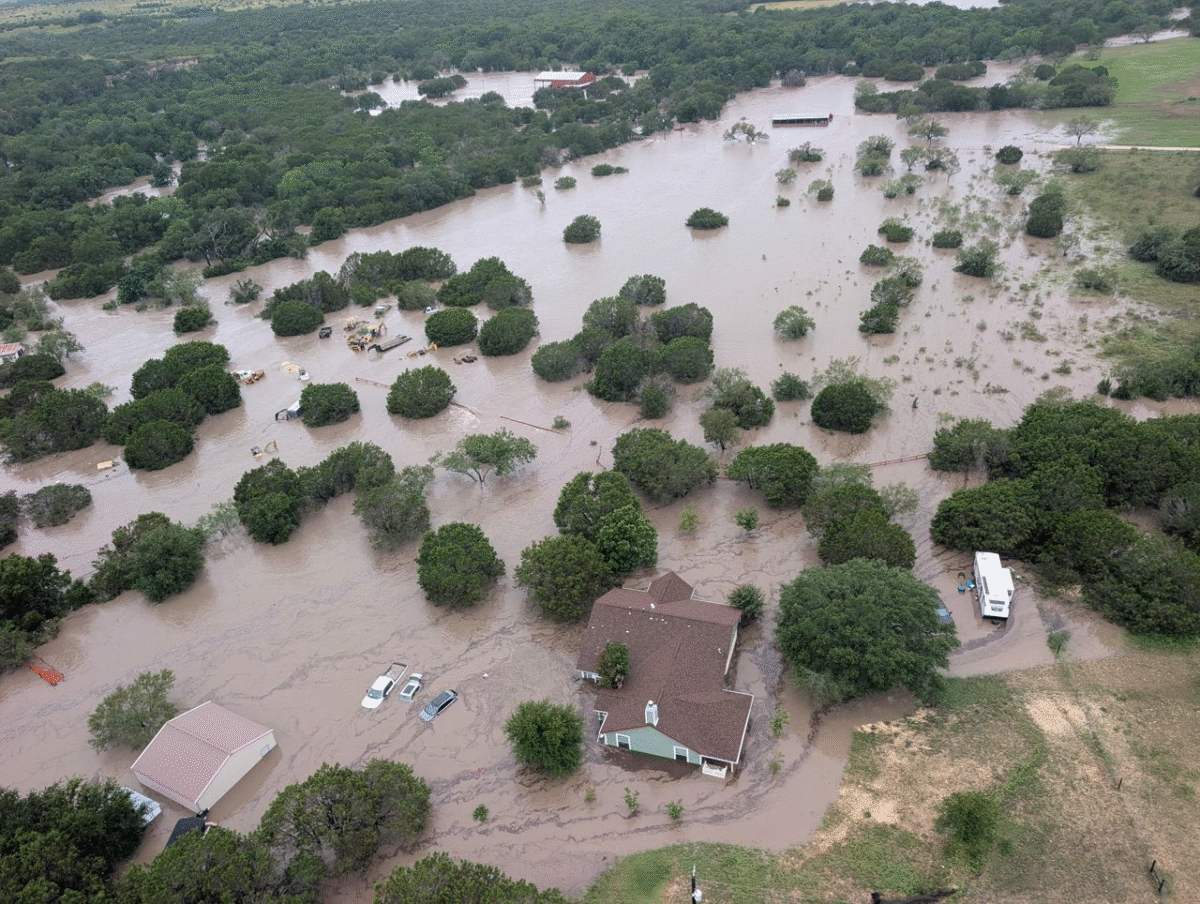A day in the life of an AIDS Alabama social worker—how you can give now
Reading time: 7 minutes
Sponsored

AIDS Alabama, like countless other HIV/AIDS organizations, is no stranger to global pandemics. We reached out to find out what a day in the life of an AIDS Alabama social worker is like in the time of COVID-19, and how you can support this essential work.

We sat down and talked with an AIDS Alabama social worker to get a glimpse into what their day was like yesterday. As you can imagine, they prefer to remain anonymous, due to the sensitive nature of their work in the community. Here’s what they had to say:
1. We’re doing “social work from a social distance”
Nothing right now is “just another day at the office.” Because our clients still need us, our services don’t stop—in spite of COVID-19. Ever since AIDS Alabama’s main offices closed, my fellow social workers and I work with our clients in a whole new way.
We take turns coming into the office so we don’t get too close to each other and try to help our clients as best we can over the phone, but that’s not always possible. My supervisor says “we have to do social work from a social distance,” which is so hard when we care so much about the people we’re all trying to help!
2. Helping a client who’s been laid off from the restaurant where he worked

This morning was my turn in the office, and my first client appointment was at 8AM. This client had just gotten a job bussing tables in a restaurant, but got laid off as soon as businesses had to stop serving customers in-house.
Now he needs help paying for rent, utilities and groceries. I’m so happy I was able to tell him we could help him. We have federal funding just for that purpose, but it requires a whole team of people to pull it off. All monthly rental assistance payments must go through a chain of people, starting with me, to get final approval and payment—but it works.
If you love the work AIDS Alabama does and would like to support them in keeping it going during this time, give today.
3. Working with a new client who’s moving into her first apartment after experiencing homelessness
My next client is new to AIDS Alabama’s services. She’s just moving into her first apartment after experiencing homelessness. For a month, she lived with a friend. Unfortunately, that wasn’t sustainable, so she ended up having to sleep in her car.
She was going to a local community college, but when she told her parents she was gay, they kicked her out of the house. Not only did they cut off her tuition, but they cut her off completely.
We’ve housed her through the Ascension Project, which provides permanent homes to young adults ages 19-24. Today I bought supplies for her “Welcome Home” basket, which includes items needed to set up a house. Funds for that come from the Community Foundation of Greater Birmingham’s LGBTQ Fund grant we received. We also have a partnership with Cort Furniture. They donate a lot of gently used home furnishings to us.
After the store, I stopped by the storage unit where we keep donated furnishings and picked up more items that I could fit in my car. One of our wonderful van drivers met me at the unit and got the larger items like the bed and a table.
At our client’s new apartment, we met one of our Peer Support Specialists. As you can imagine, peer support is a really important part of counseling and trauma therapy. We all need someone to talk to who knows where we’re coming from and has been there to help us get through difficult circumstances.
4. Supporting a worried client who’s tempted to go back to drinking
The rest of my day didn’t go the way I thought it would at the start. I got an unexpected phone call this afternoon from a client that just completed our Living In Balance Chemical Addiction Program (LIBCAP for short).
He was doing really well in his recovery and had just moved into an apartment. Our MISSION Team that works out of our Living Well Outpatient Center had been working with him to get him ready to be stably housed. As part of this, he’d been through several of our group classes—financial literacy skill training, housing readiness, employment skill training—and seemed very happy.
During his call today, he said he was really scared he might lose his job due to the pandemic and was thinking of drinking again. I dropped what I was doing to talk him through his concerns. I called his therapist and his Peer Support Specialist and they both were able to help him, thank goodness.
While we help our recovering clients develop coping skills, it’s so helpful for them to know there are people there for them that truly care for them and want the best for them.
5. Working from home to support other clients with medical and housing needs
I spent the rest of my day working from home because everything else could be done by phone.
A follow-up call with another client went well. He’s a patient at UAB’s 1917 Clinic and was recently housed through a partnership we have with UAB. He’s doing so well with his HIV medicines that his HIV viral load is almost undetectable.
On another call, I was able to help a client set up the telemedicine app on his phone so he can participate in a web-based psychiatry appointment.
Before I called it a day, I had one last phone call with a partnering landlord. We got all the paperwork ready to set up a new rental assistance voucher for a client who’ll be housed through our Transclusive program. This program is designed specifically for the needs of transgender people who are experiencing homelessness.
I’m so grateful to work at AIDS Alabama with a staff that works so tirelessly to serve some of the most vulnerable in our community.
Support AIDS Alabama today
AIDS Alabama is a 501(c)3 nonprofit that serves people in our community who are living with or affected by HIV.
Here are just a few ways AIDS Alabama serves:
- HIV/STI prevention and education
- Chemical addiction treatment
- Mental health services
- Transportation
- Community outreach
- Advocacy
- Housing for those experiencing homelessness
According to Development Director Caroline Bundy,
“Many of these services rely on Medicaid billing and funding from state and federal sources. As you can imagine, the COVID-19 has caused changes in many of the ways AIDS Alabama delivers services.
That said, we remain committed to serving our clients, but have had to limit or eliminate many programs which earned Medicaid billing income.
We’re also facing a substantial reduction in funding on the state level as our own state government struggles to right its budget. If you find yourself in the position of being able to support the programs and services of our agency, we’d be honored to have your support at any level at all.”
Give to AIDS Alabama now or mail a check to AIDS Alabama, 3529 7th Avenue South, Birmingham, AL 35222, ATTN: Development Office.
Sponsored by:



